Winter is on my mind—but summer shows no hint of waning. Here at our kennel on the edge of Denali National Park, I look out the window to our sled dogs. Spaghetti, Bowtie, Melli and the rest lounge in 70-degree sunshine. It’s far too warm to run them in front of the ATV—hard to imagine that any day soon we’ll head out on sleds over snow-covered trails.
Spaghetti and Bow lounging in Sept
Freeze-up used to come earlier. Once in a while, the new season started in September. In the early 2000s, I remember celebrating a good snowfall soon after Labor Day. Temperatures that season stayed cold; the early snowpack lingered—and grew—all winter. That year we never had to rev up the four-wheelers and train our dogs on dry land. In those days Mark and I were training for the 600-mile Wyoming Stage Stop Race. The early winter made all the difference in our ability to train the dogs for the distance and speed required by that event. One season led to the next. Our adventures in Wyoming led to our running Iditarod in upcoming years.
Winter has always been my season—that’s why we’ve centered our adult lives around our team of huskies. Today, after thirty years in the sport, 20 dogs live in our backyard. Mark and I look forward to traveling and camping with them this winter. I’m eager to be standing on the runners, cool air in my face—watching our younger dogs break trail across a windblown lake. I look forward to seeing Bella sniff the ground then bound ahead chasing caribou who bust through drifts nearby. Most of all, I cannot wait to bundle up my three-year-old granddaughter Matilda and take her along for a dogsledding ride.
One reason winter is on my mind is because the season was cut short last year. Our trails melted out in mid-March: we hung up our dogsleds six weeks earlier than usual. By mid-April we were hiking with our huskies on dry tundra—a summertime routine that usually starts in June. Summer kicked in so early that we ate salad from the greenhouse in May; my geraniums flourished by mid June. Now they are root-bound. Varieties developed for short northern summers are not accustomed to blooming for five full months.
Final run 2019, mid March
There is much that we are not accustomed to these days. Lightning in early June. 1.8 million acres in Alaska destroyed by wildfire in July alone. That month has been declared the warmest month on record in our state, including an unprecedented recording of 90 degrees in Anchorage. Sea ice is melting, oceans surrounding our state are warming to the point of threatening marine life that has flourished here for centuries. As permafrost melts at an unprecedented rate here in Denali, hillsides are sloughing; mudslides are causing edges of the 90-mile Denali Park road to crumble. One friend who travels the road writes, “the mountains are liquefying.”
McKinley Fire jumping the Parks Highway halted traffic
Just driving 220 miles from our home in Anchorage to our sled dog kennel in Denali last week told this summer’s story. I left town grumpy, tired of the smoke-choked air that stung my eyes and made my throat sore. The Swan Lake wildfire had burned south of town all summer—for weeks our air quality ranged between levels deemed unhealthy and extremely hazardous. Driving north, I knew the air would worsen before it got better. Sure enough, 70 miles later I drove through the McKinley Fire north of Willow, where 50 homes had recently burned. My stinging eyes and throat were inconsequential compared to the specter of so much loss. Where houses stood one month earlier were piles of ash and unidentifiable debris. Flames flickered in the grasses just off the road. Neighbors helping one another sift through the carnage. Handmade signs thanking the firefighters lined the Parks Highway.
A more recent drive through Willow, after McKinley Fire has been contained
Impacts of warming are everywhere up here. While the temptation toward despair tugs at us all, this is no time for feeling overwhelmed. But where to start? I’ve asked myself that question many times. How to step into the all-too-often confrontational discussion about this present global crisis? How to believe that my little voice or action might matter? I mean, my twenty sled dogs and my lifelong affection for winter are hardly the most vulnerable characters on this stage.
Last week, when fretting about the enormity of it all, I revisited the website of an organization called Protect Our Winters www.protectourwinters.org. Started in 2007 by professional snowboarder Jeremy Jones, the website states that “POW turns passionate outdoor people into effective climate advocates. POW leads a community of athletes, thought pioneers and forward-thinking business leaders to affect systemic solutions to climate change.”
I am heartened by their approach. POW’s identity is simple (passionate outdoor people). Their advice clear: we should each find our own lever and use it to make a difference. Just browsing their website reinvigorated something my World War 2 veteran father taught me at a very young age: that my voice and your voice and every single human voice matters. I know he would remind me today, that each of us—no matter who we are and how we are feeling the rising heat—should join in the climate conversation. Now is time to act. React. To stay informed, vote for local and national administrations that will bolster science and innovation and social services like never before. It’s time to play whatever small part each one of us can. To believe that together we can all make a difference. To envision and re-envision a changing but vibrant world.
POW’s message inspired me to write this blog. For this morning anyway, I feel a little better having made the effort. Now I’ll head out the door into the 70 degree sunshine and walk a few dogs. And I’ll tell them to stay positive. Winter will surely come.
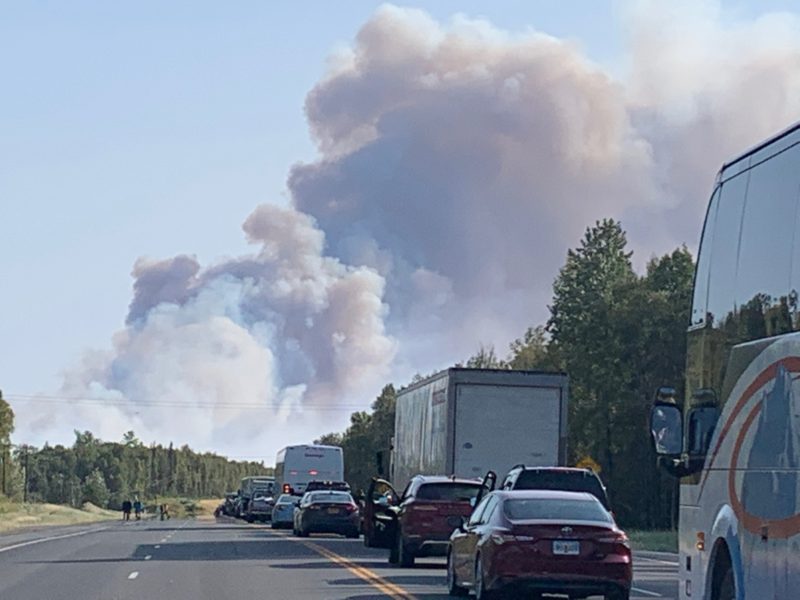
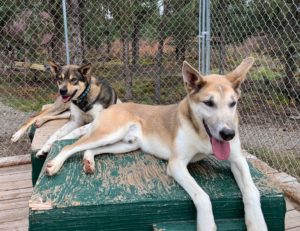
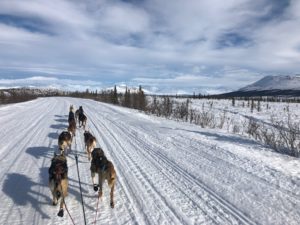
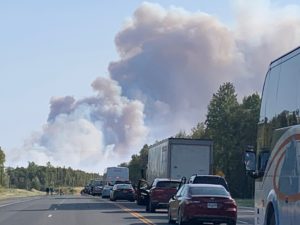
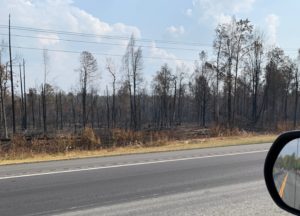
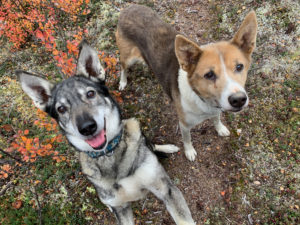
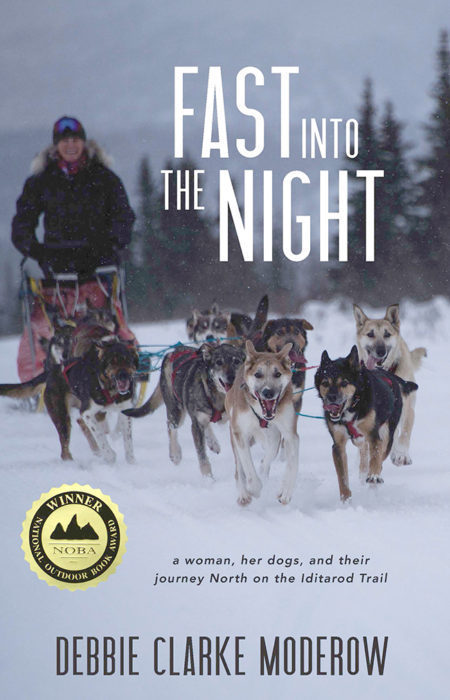
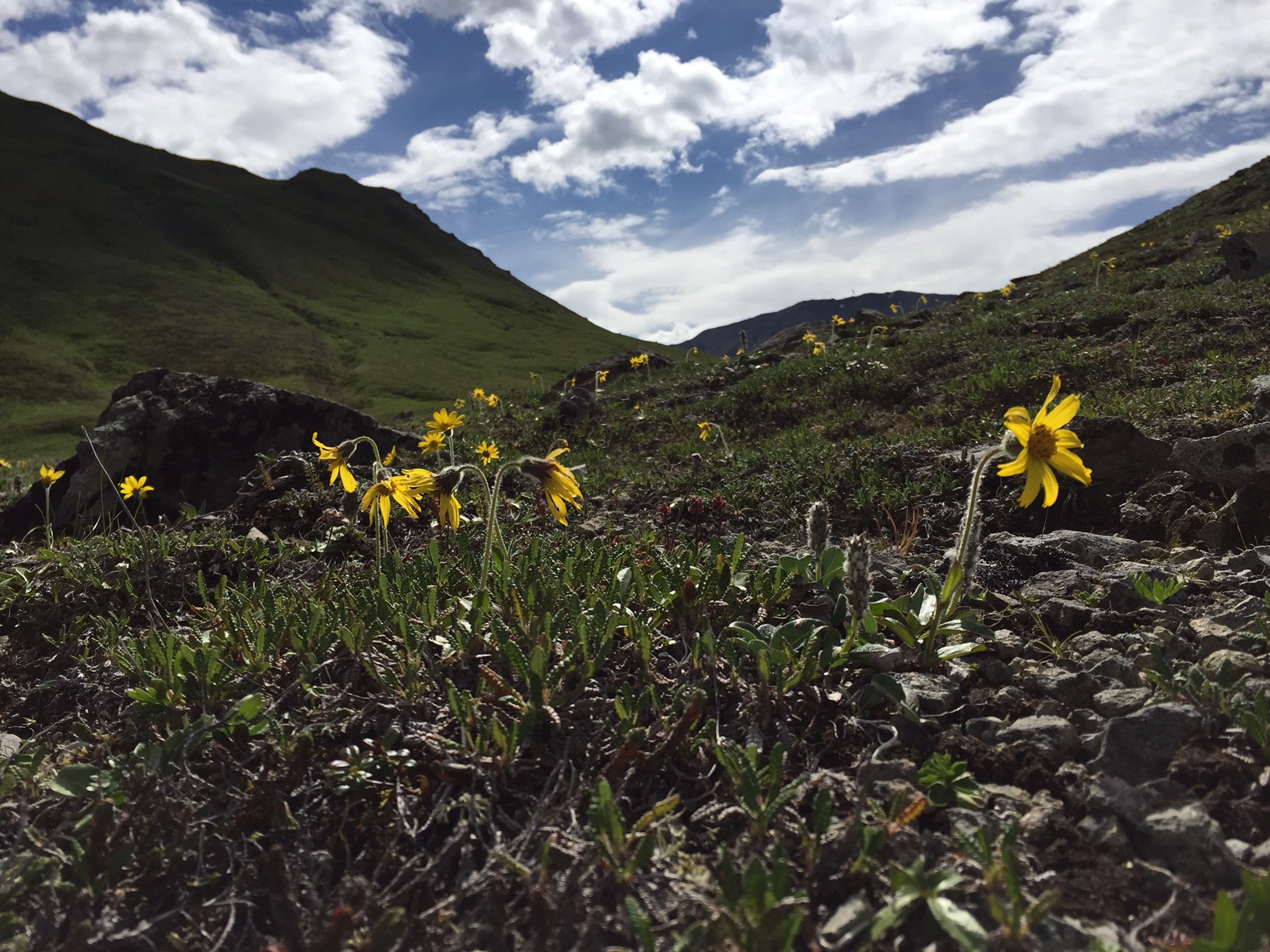
Leave A Comment